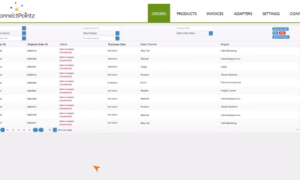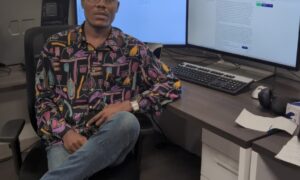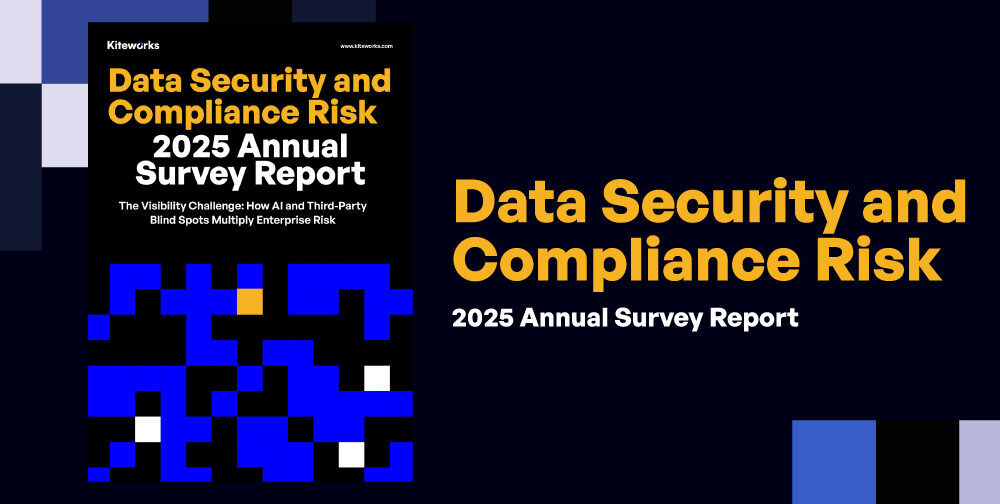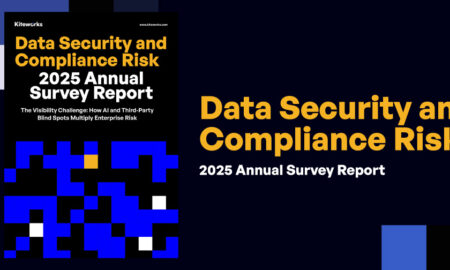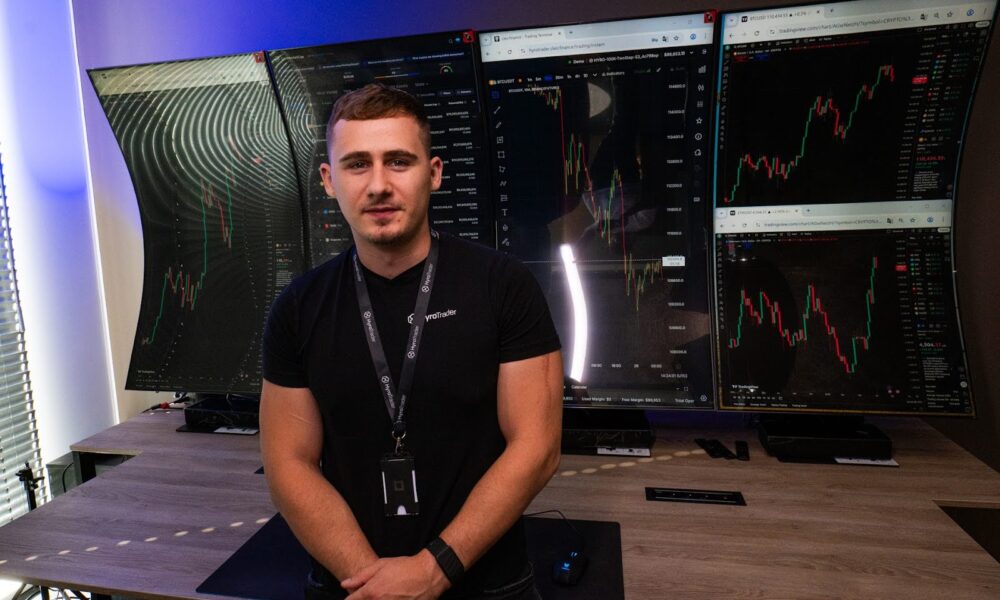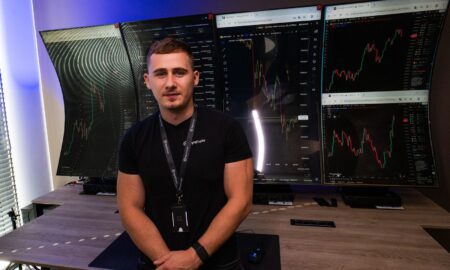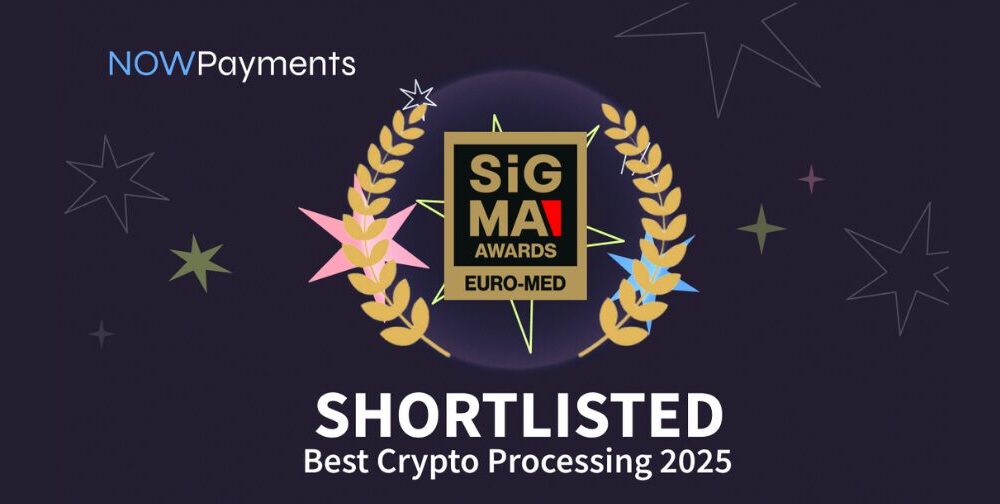In the ever-evolving landscape of finance, innovation is the driving force that propels the industry forward. “Breaking Ground in Finance: Advanced Solutions for Investment, Risk Management, and Forecasting” delves into the cutting-edge methodologies and technologies that are reshaping how financial professionals navigate complex markets. From leveraging artificial intelligence and machine learning to harnessing the power of big data and regulatory technology, this exploration offers a comprehensive overview of the tools and strategies that are revolutionizing investment decisions, risk management practices, and market forecasting. As the financial world becomes increasingly interconnected and data-driven, understanding these advanced solutions is crucial for professionals aiming to stay ahead in a competitive and rapidly changing environment.
Throughout Nikhil Jarunde’s career journey, he achieved significant milestones across various roles and industries. Starting at Futures First Info Services, he swiftly progressed from Analyst to Associate, excelling in derivatives trading and leveraging advanced analytics to consistently deliver above-average returns. He developed a pioneering algorithmic platform for commodity futures, achieving 3x returns with over 90% accuracy and expanding its application across asset classes.
Transitioning to UNICORP INFO SOLUTIONS, he led a team to unprecedented profit increases in US derivatives trading and implemented robust risk management protocols, saving $600,000 in losses. His expertise in forecasting models for Canola Oil futures underscored my ability to mitigate risks and capture market opportunities effectively.
Joining OSTC GROUP, Jarunde led successful divisions in US agriculture and soft commodities, achieving a 25% ROI target within 10 months, insights shared by him. He engineered an algorithmic trading system that optimized options trades, enhancing decision-making with technical and sentiment analysis. At Amazon, as a Senior Financial Analyst in ATS, he streamlined financial reviews and spearheaded a Tableau dashboard project, automating processes and improving operational efficiencies.
These accomplishments underscore his commitment to achieving significant business outcomes through innovative strategies and meticulous execution, establishing his reputation as a seasoned expert in finance and strategic management.
Throughout his career, he made substantial impacts across various organizations through his expertise in derivatives trading, financial modeling, and strategic planning. At Futures First, he developed a machine learning-driven algorithmic platform for trading CBOT agricultural commodities, achieving 3x returns on investment in 9 months with over 90% accuracy. This platform was adopted firm-wide, generating significant commercial success and positioning him among the top three traders in terms of net annual profits and ROI.
He mentioned about a few insights, “At Unicorp, I played a crucial cross-functional role, growing the company’s market exposure from $600k to $15.6M in 3.5 years and leading a team to achieve the highest net profit increases in US derivatives trading for two consecutive years. I also built strong client relationships, resulting in a $3.6M increase in turnover through follow-up investments.”
At OSTC, other insights shared, “I led the US agriculture and soft-commodity divisions to a 25% ROI target within 10 months. I developed financial models for diverse portfolios and designed an algorithmic trading system that improved options trading decisions, achieving over 25% ROI.”
During his MBA at Boston University, he was a key strategist in a winning Venture Capital case competition and a top finalist in the Kellogg-Morgan Stanley Sustainability Investment Challenge. His internships at G51 Capital Management and DRB Systems involved evaluating startups for investment and driving two M&A deals worth $25M to the LOI stage, respectively.
During his career, he has undertaken several significant projects across various organizations. At Futures First, he developed successful trading strategies for CBOT agricultural commodities by leveraging hedging, options pricing, sentiment analysis, and technical indicators. As an SME, he collaborated with data scientists and programmers to create a machine learning-driven algorithmic platform for managing Soybeans futures investments, which achieved 3x returns on investment in nine months and was adopted across the firm for other asset classes, becoming a major commercial success.
At Unicorp, he led a project to trade ICE Canola Oil futures, capturing a 5% market share by developing a financial model that analyzed correlations with other commodities. He also diversified into US equities, performing valuation analysis using DCF and EBITDA multiple methods, which helped meet profit targets.
“At OSTC, I achieved a 90% accuracy target in forecasting stock prices through financial statement analysis and valuation methods. I also developed financial models for a diverse portfolio, generating a 25% return on a $300k investment. Additionally, I designed an algorithmic trading system that improved options trading decisions, yielding over 25% ROI.” He provided insights.
Throughout his career, he successfully overcame several significant challenges, leading to impactful achievements in his field. At Futures First, he developed an algorithmic trading system for the options market by integrating diverse data sources—technical indicators, sentiment analysis, and historical data—into a reliable predictive model. Nikhil and his team built a robust data processing pipeline, employed advanced machine learning algorithms, and developed a real-time sentiment analysis engine. This system achieved over 90% accuracy and generated 3x returns on investment within nine months
At Unicorp, he led the development of an integrated derivative investment and risk management platform, ensuring seamless integration of machine learning algorithms for investment forecasting and real-time risk management. Advanced models and a dynamic risk management module were implemented, resulting in significant commercial success across various asset classes.
His published work includes articles and research papers on optimizing investment decisions with FinTech tools, portfolio diversification, machine learning for options pricing, fundamental vs. technical analysis, financial decisions and mental health, high-frequency trading, statistical arbitrage strategies, real-time risk monitoring with big data, traditional vs. FinTech-driven market making, and AI in derivatives pricing and risk management. These publications have contributed to advancing knowledge in derivatives trading and investment management.
As an experienced professional in investment, risk management, and forecasting, Nikhil Jarunde’s career has centered around developing robust models to predict market movements and manage financial risks effectively, using historical data, macroeconomic factors, and advanced statistical methods to provide accurate forecasts and informed investment strategies.
He observed several key trends in the industry. The integration of AI and machine learning is enhancing predictive accuracy and automating risk management processes. Data-driven decision-making is on the rise, with firms leveraging big data analytics for actionable insights. Regulatory technology (RegTech) is becoming more prevalent, aiding in compliance and risk management through automation and advanced analytics. Environmental, Social, and Governance (ESG) factors are increasingly integral to investment strategies due to growing investor demand for sustainable investments. Additionally, robust cybersecurity measures are critical to protect sensitive financial data and maintain trust in an era of increasing digitalization.
Based on his experience, he suggests continuously exploring and adopting new technologies to enhance forecasting and risk management capabilities. Implement comprehensive risk management frameworks that consider a wide range of risk factors, including operational and cyber risks. Foster collaboration between data scientists, financial analysts, and IT professionals to develop integrated solutions. Incorporate ESG considerations into investment strategies to meet stakeholder demands and enhance long-term value. Lastly, stay adaptable to rapidly changing market conditions and regulatory landscapes, ensuring that risk management practices remain up-to-date and effective.




